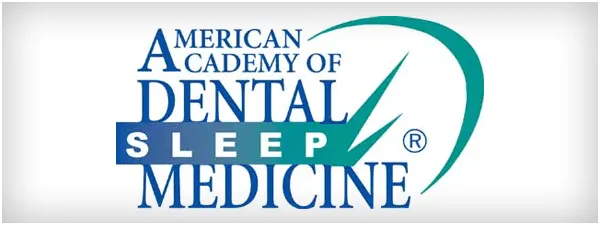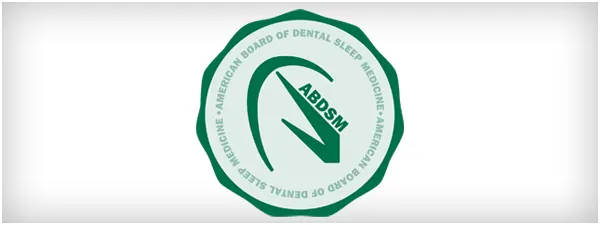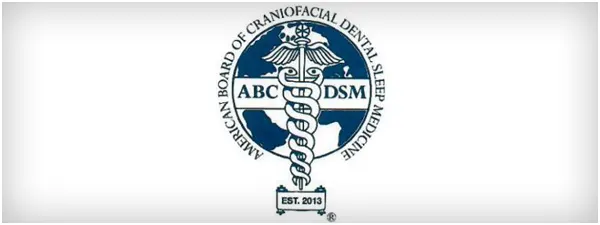TMJ & Sleep Therapy Centre
Request an Appointment Click to CallWhat Causes TMJ To Flare Up?

Pain in your temporomandibular joint -- TMJ for short -- can ruin your life, or at least it feels like that. TMJ issues are painful, and it can lead to nagging discomfort since you move your jaw with basically every movement that you make. Whenever you eat, drink, talk, yawn or do just about anything with your mouth, your TMJ is hard at work.
But what causes TMJ to flare up, and what can you do about it the next time you have a searing TMJ pain?
The first step is to properly diagnose a TMJ flare up or issue.
Since TMJ symptoms include intense headaches and ear pain, which are shared across many other conditions, TMJ pain can be hard to diagnose, at least in the early stages where the sudden onset of pain and discomfort can take you by surprise. Unfortunately, the only way to determine whether you have TMJ is to see a doctor and discuss your TMJ flare up.
The good news is that with proper care, you can decrease the intensity of your TMJ flare ups, as well as reduce their duration. With luck, you may even be able to avoid them altogether.
TMJ Flare Up Symptoms
Typically, a TMJ flare up is when you encounter new symptoms or your TMJ pain suddenly increases in severity.
Common symptoms of TMJ flare ups include:
- jaw joint pain that is constant or that comes and goes;
- general jaw pain;
- frequent headaches that throb or pierce; clicking or popping of the jaw whenever you open your mouth, eat or talk;
- ear pain, which can range from a sharp, stabbing pain to a dull ache;
- neck and shoulder pain;
- tinnitus, or ringing in the ears;
- muscle spasms that may include eye, cheek or neck twitching; facial swelling around the TMJ;
- tightness in the jaw, which can limit your range of motion or manifest itself as lock jaw where your jaw is unable to move until the joint is realigned by a professional.
Causes of TMJ Flare Ups
While TMJ pain can strike at any time, what causes TMJ to flare up is as varied as the people that have it. The triggers of TMJ pain themselves may also affect the duration and intensity of a TMJ flare up, so be sure to avoid your known triggers if you've been living with TMJ pain for a period of time.
That said, the main causes of TMJ flare ups are
- stress, which can lead to jaw clenching or bruxism (teeth grinding) while you're asleep or awake;
- hormonal changes, such as those brought on by birth control or supplements;
- hard and chewy foods, which can strain the already stressed TMJ and includes foods such as apples, bagels, gummies and nuts;
- dehydration that can deny the TMJ of much needed joint lubrication;
- poor posture, which can throw your lower jaw forward, disrupting the normal operation of your jaw muscles;
- weak neck muscles that can put an undue strain on your TMJ;
- certain medications that promote grinding and clenching;
- a vitamin D deficiency that can bring on muscle pain.
Look to The Experts
If you are suffering from debilitating TMJ pain, contact the experts at Raleigh TMJ. We have the resources and the know-how to help you treat and cope with your TMJ flare-ups, and you just might find that over time your TMJ pain has reduced in intensity or duration. Schedule an appointment with a specialist today.






